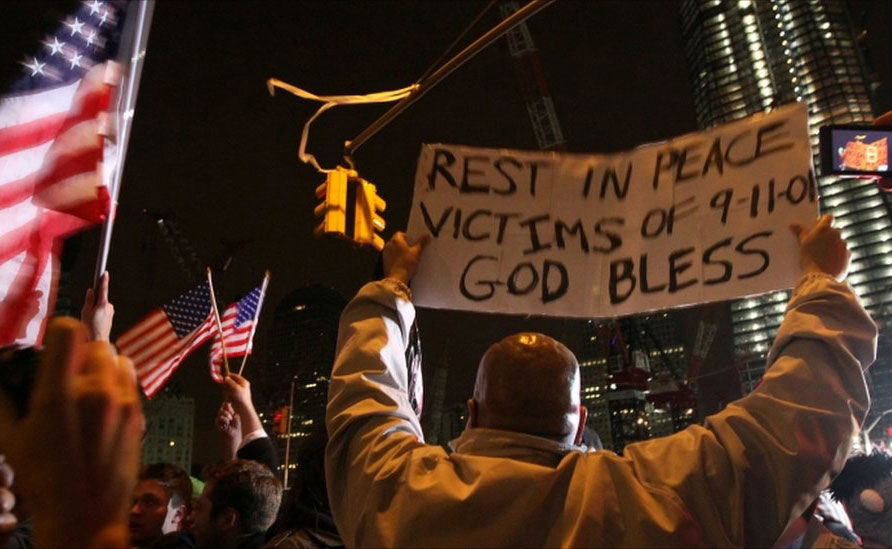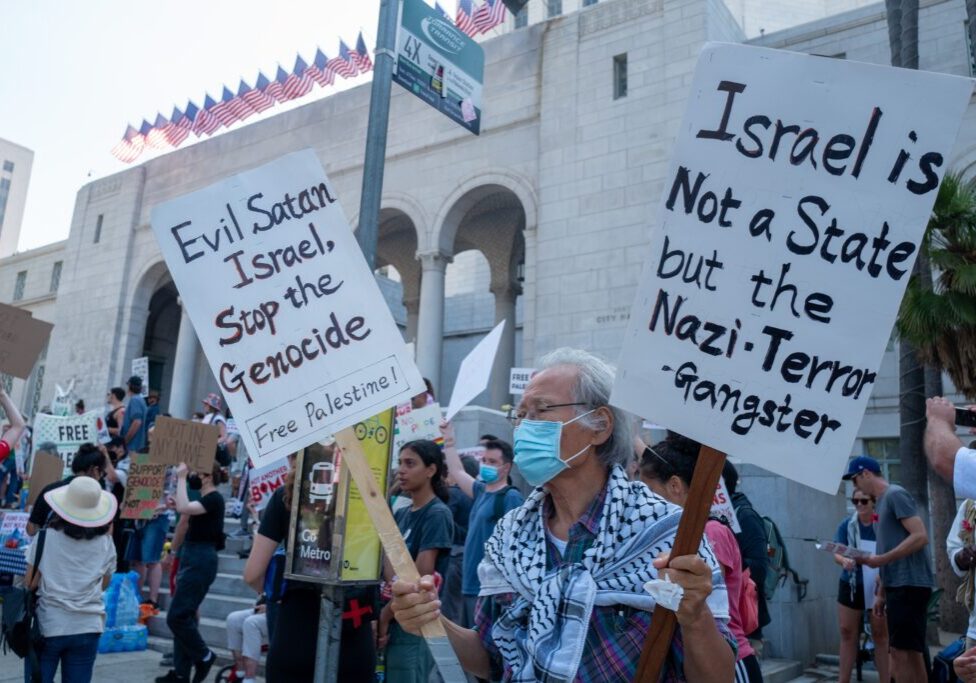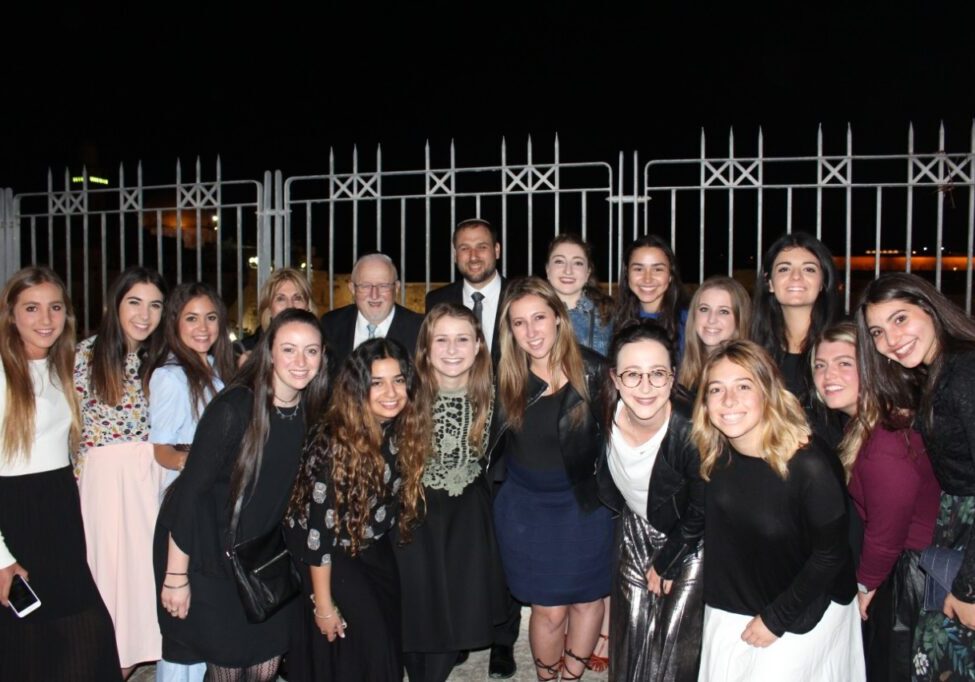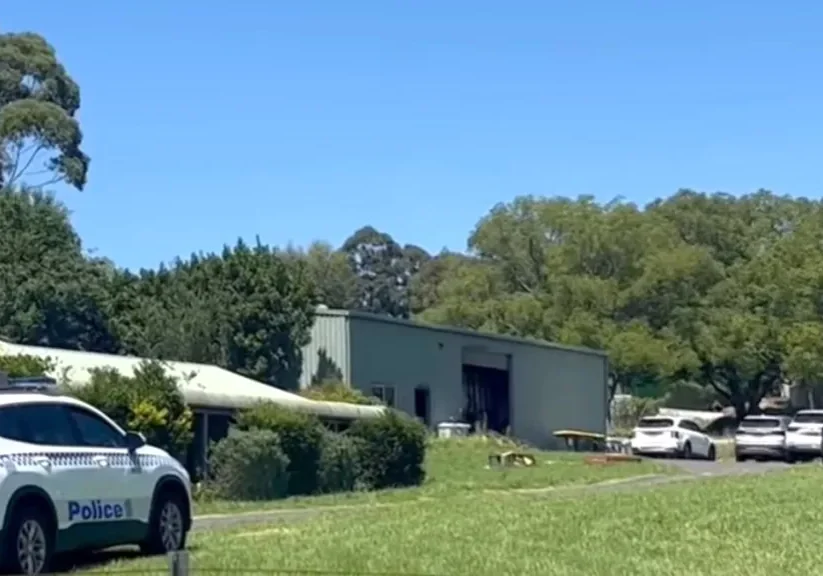Australia/Israel Review
The Last Word: Shadows of Terror
Sep 18, 2013 | Jeremy Jones

Jeremy Jones
I have a very clear memory of September 11, 2001. Having represented the World Jewish Congress at the NGO Forum preceding the United Nations’ now notorious “World Conference Against Racism” in Durban, South Africa, and been on the Australian Government delegation to the UN Conference, the Jewish community asked me to address a community meeting in Sydney.
Still weary from a trying two weeks and the flight home via Perth, I gave what I thought was an unemotional, dispassionate description of what I had seen and experienced.
The events I witnessed included open, blatant antisemitism, with the encouragement of session Chairs. They included seeing anti-Jewish books, banned in South Africa, sold in extra-territorial UN facilities. It included seeing Jewish students bullied and threatened, outrageous procedural abuses and, in the wake of these, acts of bravery and defiance by most of the Australian delegates and a handful of others.
It was an “anti-racist” conference punctuated by a march outside the venue mourning the fact Hitler hadn’t “finished the job” and where self-described “Torah-true Jews” decided to demonstrate for Hamas rather than attend Sabbath synagogue services.
After delivering my report and seeing the emotional impact it had on an audience who were perhaps anticipating a review of positive outcomes from what were, after all, conferences held on the pretext of developing anti-racist strategies, I drove home.
Waiting to pay after filling my petrol tank at my local service station, I looked up at the television screen near the cash register to see the vision of smoke from the first tower.
A few minutes later I was at home, just as the second plane hit its target, and then joined so many people around the globe transfixed by the unfolding tragic events.
Within two days, together with colleagues from the peak Christian and Muslim national organisations, I helped organise a service to mourn the victims, honour our common humanity and express the joint hope that the aims of the terrorists would not be achieved.
In the period after September 11, 2001, fear and distress were palpable. Parents kept children home from school, suburbanites looked at their neighbours with suspicion, concerns with personal security suddenly occupied the thoughts of so many in this country and elsewhere.
Email lists established for and at the UN’s conferences started forwarding messages celebrating America’s suffering and/or blaming Jews for a conspiracy to whip up anti-Arab antagonism – a precursor of the racist conspiracy theories which since seem to have found roots in the fertile soils of anti-Americanism and antisemitism.
In Australia and elsewhere, some personal liberties were surrendered in the interests of public safety and general security.
Understanding began to develop as to the relationship between ideologies of evil, rhetoric of fanaticism and a willingness to rationalise, facilitate and even commit acts of terror, as governments researched and sought strategies against violent extremism.
On September 11s since, I have attended interfaith events which have sought to present counter-narratives to those who present religion as a source of hatred and division. I have participated in international seminars on terrorism, which have sought to improve understanding of the phenomenon and combat complacency.
However, on the twelfth anniversary in Australia, there was remarkably little public recognition of the date’s significance.
The Ambassador of the USA gave an impressive, passionate, wise speech on the Australian-USA relationship, which included some discussion of 9/11. What media coverage there was seemed to focus on the date as one of significance to the USA, but not much beyond that.
Internationally, terrorist groups continue to murder civilians. Religious fanatics continue to promote hatred. Apologists for extremism continue to spread ridiculous conspiracy theories, misrepresent terrorists’ aims and beliefs, or try to deflect attention from the perpetrators of violence through pop sociology or insipid moral relativism.
The new Australian Government has the challenges and responsibilities of not just protecting us all from terrorism, but also confronting the ideologies of hatred which are at its foundation.
Tags: Antisemitism






